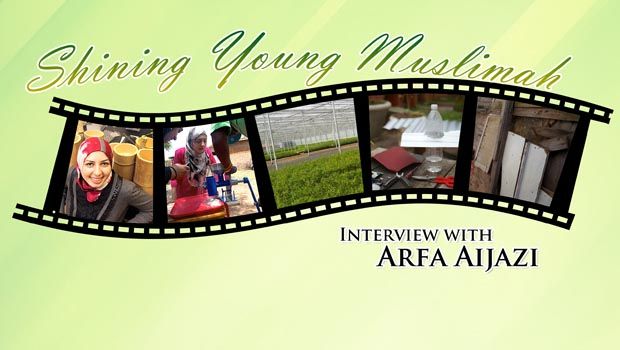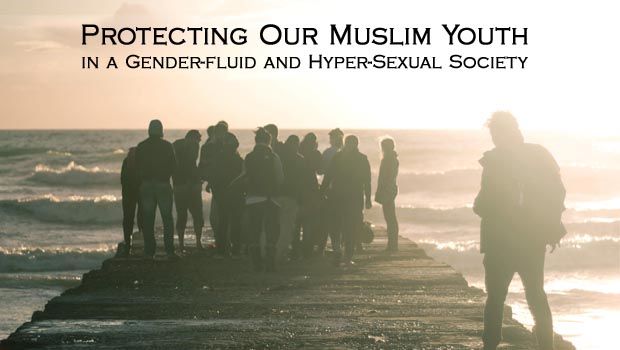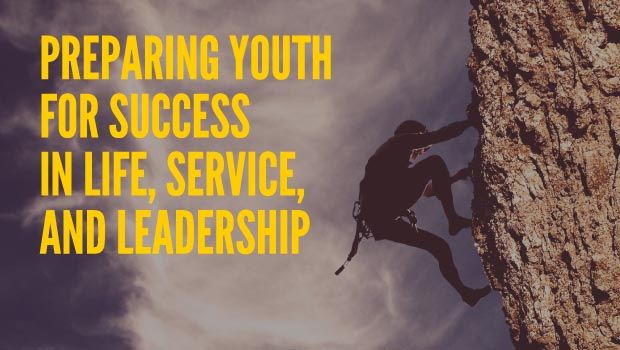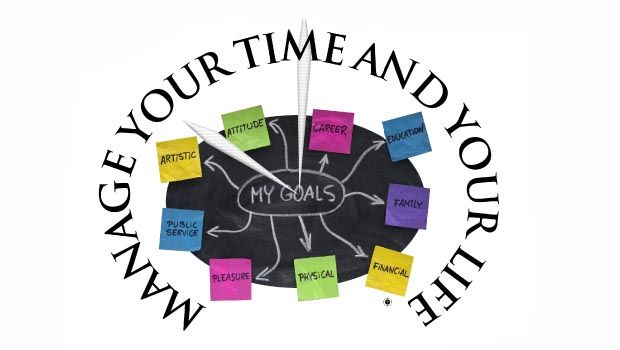Arfa Aijazi is a student at one of the best colleges in America, Massachusetts Institute of Technology (MIT), an institution that has served as the educator of some of the most notable politicians, historians, and physicists of our time. Arfa was recently named by the Business Insider as one of the “Top 14 Most Impressive Students” at the institution. She is a Materials Science and Engineering major, giving her the opportunity to understand and characterize material properties and structure, as well as design improved materials for different applications. She has also engaged in research studies at top-notch universities such as Oxford and Cambridge. Arfa has traveled Tanzania and Brazil where she worked directly with the local leadership in efforts to develop technologies that may aid and benefit the local people in their everyday lives. She has worked with a Latin American NGO to improve shelter construction in urban slums in Brazil and has researched the use of bamboo as an alternative construction material. She also participated in a project to develop a hand powered maize grinder for a community in Tanzania, which could greatly improve access to basic nutrition. Arfa’s direct role in helping communities by dramatically changing and improving their lives has proved her to be influential individual who is capable of innovation, creativity, and use of technical skills that are forward-looking and beneficial to human welfare. Now vice president of MIT’s Muslim Students’ Association, Arfa will represent MIT in the upcoming Saudi Arabian Ministry of Higher Education’s conference on “The Social Responsibility and Engagement of Universities” in April of this year. The following interview reflects not only her achievements and career aspirations, but also her determination to conjoin her professional path with her religious devotion.
Question:
You have pursued a less traditional field than the usual common fields of medicine and law often pursued by young Muslim adults. As a woman and secondly as a Muslim woman, do you find yourself as a unique individual in your field of study in materials science and engineering? Describe the demographic of your peers who you are currently studying alongside with and explain if you feel different from them?
Answer:
MIT as a whole has a very diverse student population and a near equal ratio of men and women. I would say that this diversity and gender ratio is also true in the Materials Science and Engineering department. If anything, the department may actually have more female students. In one of my classes last semester, there was actually a 1:3 ratio of men to women. And I would also add that I’ve had a near equal number of men and women professors and instructors in my engineering courses. Similarly, the Muslim community at MIT represents a broad range of majors and career interests, of which there are several in the Materials Science and Engineering department. So while at school, I haven’t felt conscious of the demographics of my peers. However, in my internship experiences, I have observed that there were fewer women in engineering positions than men and few Muslims, but I don’t think it impacted my work experience or discouraged me in pursuing my future aspirations.
Question:
How and when did your interest in materials science and engineering expand into a means or pathway to help less privileged and impoverished communities abroad? How did the connection between your studies and helping others first occur and how has it developed you as a person?
Answer:
Before college, I had been involved in many volunteer projects through school and my local masjid, and while it was definitely fulfilling to help someone in need, I wanted to do something that also fit my interests. Upon the recommendation of upperclassmen, in my second year of college I took a class through an MIT program called D-Lab (http://d-lab.mit.edu/), which is where I first explored applying my interest in engineering to international development and then I later sought research opportunities at MIT in this area. I view my interest in these projects as an extension of our responsibility as Muslims to provide assistance to those who are less fortunate than us. In this way, I can apply my engineering training to the service of others.
Question:
Describe your perspective of Islam and your religious values and how they have contributed to the person you are today.
Answer:
I would consider Islam an integral part of my life and I feel like many values we learn and practice in Islam, such as patience, time-management, and seeking knowledge, have helped me attain success in other academic related goals that I have set for myself.
Question:
Did you have any instances, from either cultural or religious perspectives, that have hindered or inhibited you from pursuing the endeavors you have accomplished such as working abroad in Tanzania and Brazil?
Answer:
I think my greatest challenge in my experiences abroad was defining my personal cultural and religious boundaries to people who may have never met a Muslim. It was hard to explain about eating halal [food] and not drinking alcohol. I found that since I was in a new and unfamiliar place it was harder to opt out of social activities that I was not as comfortable participating in, such as going out to drink or going to dance clubs and parties, whereas in America, I don’t feel that pressure in my friends’ group.
Question:
What lessons of life have you acquired through these experiences and what have you learned about yourself through this process?
Answer:
Being in social situations that I wasn’t as comfortable in encouraged me to seek out Muslim communities in the places I was traveling. There is a sizeable Muslim population in Tanzania, and a smaller one in Brazil, and in both places I was able to visit and pray at local mosques. I spent the end of Ramadan in Brazil and was also able to attend iftar dinners held at the large Islamic center, where I found a welcoming Muslim community.
Question:
After your college experience at MIT and working abroad, what do you see yourself doing in the long term future? What type of career do you plan to pursue and what type of contribution do you see yourself striving to provide to other communities?
Answer:
Right now I’m applying for full time jobs in the building technology field and I hope to work with engineers and architects to utilize materials in ways that would reduce the environmental impact and improve the performance and comfort of buildings.
Question:
As an accomplished college senior, what advice would you offer to younger girls who are searching for ways to define themselves as well as striving to develop their talents to become successful professionals and individuals in the future? What religious advice would you give them, if any?
Answer:
I would advise girls (and boys) to challenge themselves academically and pursue the best higher education opportunities they have available to them including those that are away from home. I would also remind them to not necessarily view professional life as something independent of your religious life. Both pathways, professional and religious, can be interlinked to get the most of each experience and to maximize the potential of your goals on each path. The values on both sides picked up along the way can be of tremendous value to what you eventually decide to pursue in your short and long term goals.





